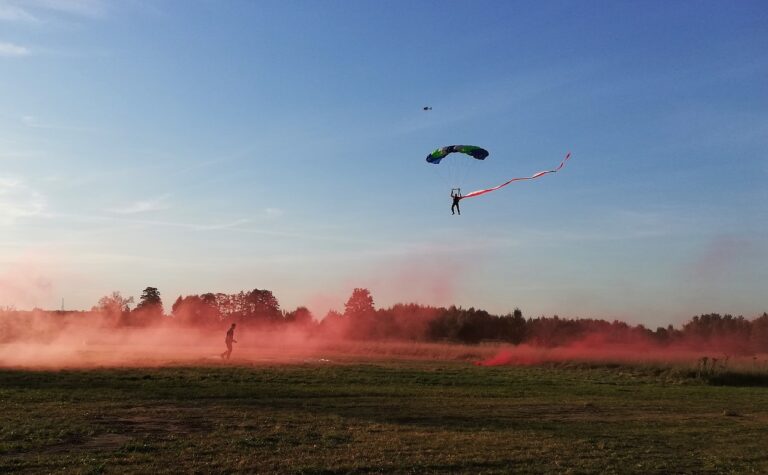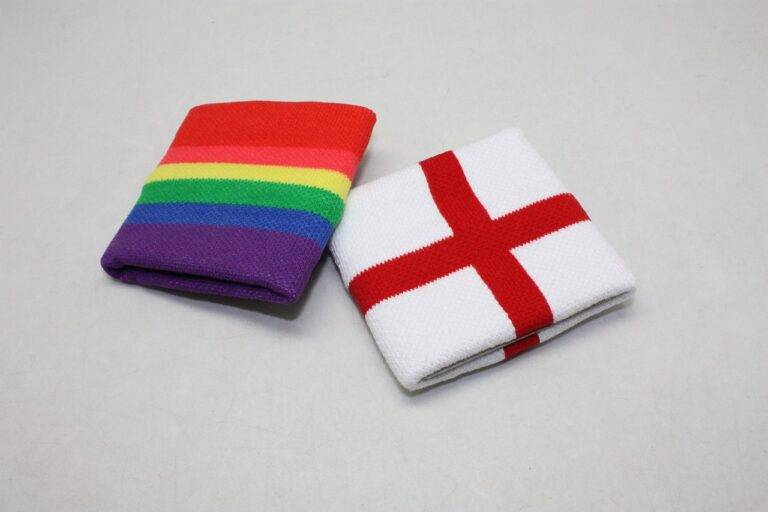Virtual Reality in Hotel Marketing: Immersive Experiences for Guests: Goldenexch99, Cricbet99 club.com, King567 login
goldenexch99, cricbet99 club.com, king567 login: Virtual Reality in Hotel Marketing: Immersive Experiences for Guests
Virtual reality (VR) technology has transformed the way hotels market their properties to potential guests. By offering immersive experiences that allow users to explore rooms, facilities, and destinations from the comfort of their own homes, hotels can capture the attention of travelers and create a lasting impression. In this blog post, we will explore how VR is revolutionizing hotel marketing and enhancing the guest experience.
Engaging Content for Guests
One of the key advantages of using VR in hotel marketing is the ability to create engaging and interactive content for guests. With VR, hotels can showcase their rooms, amenities, and surroundings in a way that traditional photos and videos simply cannot match. Guests can virtually walk through a hotel lobby, explore different room options, and even experience local attractions and activities.
Personalized Experiences
VR technology also allows hotels to offer personalized experiences to guests. By creating customized virtual tours based on a guest’s preferences and interests, hotels can tailor their marketing efforts to individual travelers. Whether a guest is interested in relaxation, adventure, or sightseeing, VR can help hotels showcase the experiences that matter most to their target audience.
Increasing Bookings and Conversions
By providing potential guests with a more immersive and realistic view of their properties, hotels can increase bookings and conversions. Research has shown that VR experiences can lead to higher engagement rates and longer viewing times compared to traditional marketing materials. As a result, hotels that incorporate VR into their marketing strategies can attract more guests and ultimately drive revenue.
Enhanced Brand Awareness
In addition to increasing bookings, VR can also help hotels enhance their brand awareness and reputation. By offering unique and memorable experiences, hotels can differentiate themselves from competitors and stand out in a crowded marketplace. Guests are more likely to remember and recommend hotels that provide innovative and immersive experiences, leading to increased loyalty and word-of-mouth referrals.
Optimizing the Guest Experience
Beyond marketing purposes, VR can also be used to enhance the guest experience during a hotel stay. Hotels can offer VR headsets in guest rooms for virtual tours of the property, local attractions, and dining options. This added convenience and entertainment can help guests feel more connected to the destination and make their stay more enjoyable.
FAQs
Q: How much does it cost to implement VR technology in hotel marketing?
A: The cost of implementing VR technology in hotel marketing can vary depending on the scale of the project and the level of customization required. Some hotels may choose to work with external vendors or agencies to create VR content, while others may opt to invest in their own equipment and training.
Q: Are guests receptive to VR experiences in hotel marketing?
A: Research has shown that guests are generally receptive to VR experiences in hotel marketing, as they offer a unique and engaging way to explore properties and destinations. However, it is important for hotels to ensure that VR content is high-quality, relevant, and user-friendly to maximize its impact.
In conclusion, VR technology is revolutionizing hotel marketing by offering immersive experiences that engage guests, drive bookings, and enhance brand awareness. By incorporating VR into their marketing strategies, hotels can create personalized and memorable experiences that set them apart from competitors and delight guests. Whether used for virtual tours, personalized experiences, or in-room entertainment, VR has the potential to transform the guest experience and pave the way for the future of hotel marketing.







